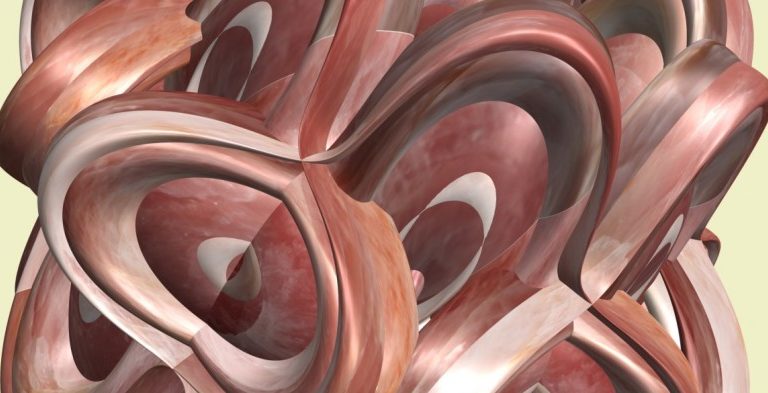Tinnitus, also called ‘ringing in the ear’, is the perception of a ringing, whistling, chirping or other sound in one or both ears, with no external source (‘phantom noise’). For most people, tinnitus is a temporary affliction; for 10-15% of sufferers, it develops into a chronic problem. Most chronic sufferers lead a fully functioning life. However, in 3-6% of the general population tinnitus becomes a distressing and incapacitating symptom, having a serious impact on daily life and causing insomnia, difficulty concentrating and headaches. Tinnitus can also coexist with depression, anxiety and other psychological disorders.
Author: Lot Spiertz
The severity of the distress experienced by the patient is unrelated to the characteristics of the tinnitus sound (e.g., pitch or volume). It is, however, determined by factors such as the interpretation of the tinnitus sound and the emotional and behavioural response to the sound. Research showed that the more catastrophic the interpretation of the tinnitus, the more suffering and disability was experienced by the patient. Patients who catastrophically interpret their tinnitus are more fearful of it, leading to a higher level of vigilance and therefore increased perception of the tinnitus sound (Vlayen e.a., 2012).
In the pilot study described here, Rikkert e.a. (2018) investigated whether Eye Movement Desensitisation Reprocessing (EMDR) as a short-term monodisciplinary treatment would be effective in reducing tinnitus-related distress. It was argued that negative (tinnitus-related) experiences play a role in the negative interpretation of the sound by activating a stress network in the brain. Similarities between phantom pain and phantom noise (tinnitus) gave researchers the idea to try EMDR, a quick and evidence-based treatment for trauma, as an intervention. The effectiveness of EMDR in treating patients with tinnitus had not previously been subject to research.
In the current pilot study, the effectiveness of short-term EMDR (six sessions) in reducing tinnitus distress was studied in a sample of 35 chronic tinnitus patients with significantly impacted functioning. Participants were recruited in five general hospitals in the Netherlands. The first few EMDR sessions focused on processing negative tinnitus- and trauma-related memories, including feelings of powerlessness. In the last few sessions, EMDR was directed at current tinnitus sensations. The Tinnitus Functional Index (TFI), a questionnaire measuring the impact of tinnitus on daily life, was used as the primary outcome measure. Patients served as their own controls by comparing TFI scores with measurements taken during a three-month waiting period. The results were promising: a statistically significant effect of EMDR on tinnitus distress was found (NNT=1,95); EMDR reduced the negative impact of tinnitus on patients’ daily lives. This effect could not be explained by a decrease in Post Traumatic Stress Disorder symptoms. Further research is needed to determine whether EMDR is indeed an effective addition to the current treatment programme for tinnitus.
In clinical practice, EMDR could prove to be an easily accessible, additional treatment option, to be added to the stepped-care treatment programme for severe tinnitus before a referral for specialised multidisciplinary cognitive behavioural therapy (CBT4T; Cima e.a., 2012) is needed. In primary healthcare, EMDR experts are readily accessible. Furthermore, EMDR treatment is fast, creating the possibility of treating tinnitus more quickly and closer to home.
Lot Spiertz is a clinical health psychologist at the Specialist Centre For Complex Medically Unexplained Symptoms & Somatic Symptom Disorders at Dimence, Institute for Mental Health.
Source
Rikkert, M, Rood, Y van, Roos, C de, Ratter, J & Hout, M van den. A trauma-focused approach for patients with tinnitus: the effectiveness of eye movement desensitization and reprocessing – a multicentre pilot trial. European Journal of Psychotraumatology, 2018;11;9(1):1512248.
Other references
Cima RF, Maes IH, Joore MA, Scheyen DJ, El Refaie A, Baguley DM, … Vlaeyen JW. Specialised treatment based on cognitive behaviour therapy versus usual care for tinnitus: A randomised controlled trial. Lancet, 2012;379(9830),1951–1959.
Vlayen e.a. 2012








